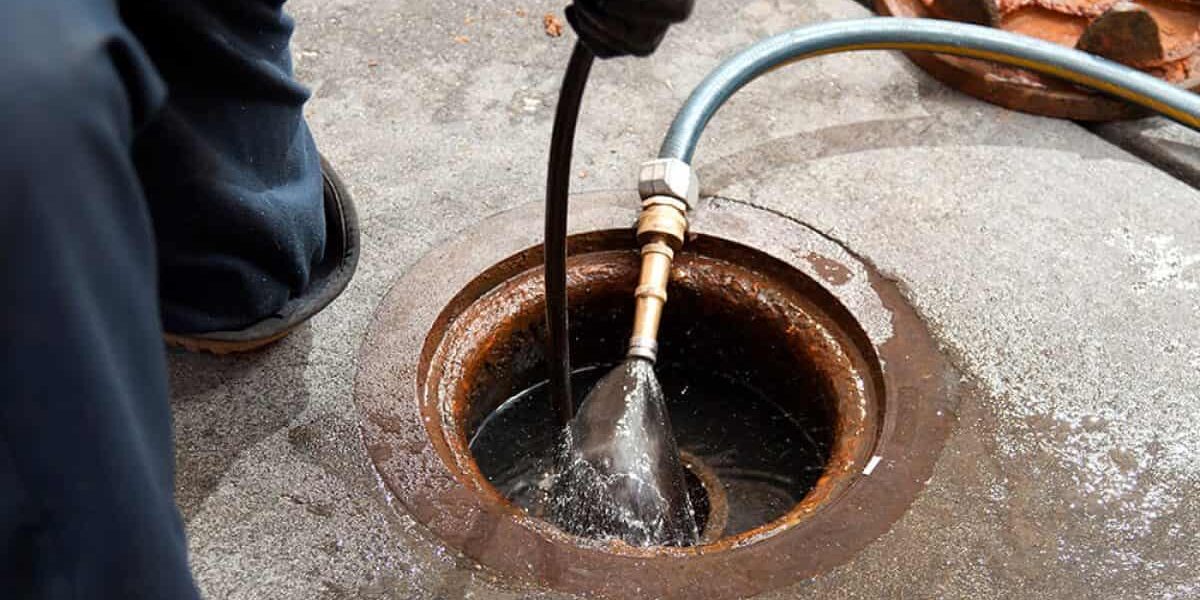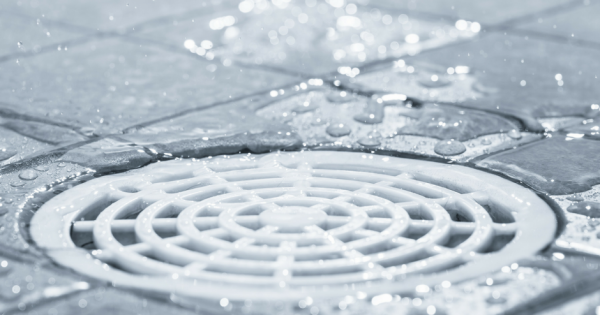How to Handle a Blocked Drain Yourself Prior to Seeking Plumbing Professionals
How to Handle a Blocked Drain Yourself Prior to Seeking Plumbing Professionals
Blog Article
What are your opinions with regards to Some easy tips to fix blocked drains?

Introduction
Dealing with an obstructed drain can be an aggravating experience, interfering with daily tasks and potentially triggering damage to your residential or commercial property. However, prior to connecting to plumbing experts, there are actions you can take to attend to the concern yourself. In this guide, we'll check out do it yourself solutions and safety nets to deal with a blocked drainpipe successfully.
Recognizing the Problem
The initial step in attending to an obstructed drainpipe is recognizing the indications. Slow water drainage, gurgling sounds, foul odors rising from drains, or water support up prevail signs of an obstructed drainpipe. Identifying these indications early can aid prevent even more complications.
Choosing the Right Pipes Service
When selecting a plumbing service, think about variables such as experience, licensing, and consumer reviews. Choose a credible plumber with a performance history of high quality craftsmanship and transparent prices practices.
Cost Factors to consider
The price of expert drain cleaning services can differ depending on the extent of the clog and the plumbing technician's rates. Request quotes from numerous companies and ask about any type of service charges to ensure openness and avoid shocks.
Safety and security Precautions
When trying DIY drainpipe cleaning, focus on security. Put on protective handwear covers and glasses to avoid contact with unsafe chemicals or bacteria. Never mix various drainpipe cleaning products, as this can generate unsafe fumes.
Case Studies
Real-life examples show the performance of do it yourself remedies and the significance of timely professional intervention in settling drainpipe clogs.
Common Root Causes Of Obstructed Drainpipes
Comprehending the aspects that add to drain blockages is vital for effective resolution. Common culprits include hair, soap scum, oil, food particles, and foreign objects like hygienic items or paper towels. Tree roots invading below ground pipelines can likewise cause substantial obstructions.
DIY Solutions
For small blockages, numerous DIY solutions can be effective. Putting boiling thin down the drain can aid dissolve oil and debris. Baking soda and vinegar or a combination of salt and cooking soft drink can serve as natural cleansers. Utilizing a bettor or pipes serpent to displace blockages is an additional alternative.
Tools and Tools
Having the right devices on hand can make DIY drain cleansing a lot more reliable. A bettor is a functional tool for removing blockages in sinks, toilets, and showers. A pipes snake or auger can get to much deeper clogs, while drainpipe cleaning chemicals can be used cautiously for persistent obstructions.
Preventive Measures
To stay clear of future blockages, embracing preventive measures is important. Set up drain guards or strainers to catch hair and particles before they enter the pipelines. Regularly flush drains with warm water to dissolve grease build-up, and avoid dealing with grease or strong waste down the tubes.
When to Call a Professional
While do it yourself services can resolve minor clogs, specific indicators suggest the demand for expert aid. Persistent clogs, foul odors despite cleansing efforts, or several drains pipes supporting at the same time are warnings that warrant professional intervention.
Verdict
By adhering to the tips laid out in this overview, you can effectively tackle blocked drains pipes and stop future pipes problems. Whether selecting do it yourself options or looking for professional support, prompt activity is essential to maintaining a healthy and balanced plumbing system and preserving the integrity of your home.
10 TIPS TO CLEAR ANY BLOCKED DRAIN
SIGNS OF A BLOCKED DRAIN
Blocked drains can be a source of property damage and health problems for people and pets. The early warning signs of a blocked drain are:
Overflowing
You’re probably quite used to everything flowing down your drain. As a result, it’s quite alarming seeing water spill back up. If your drain is overflowing, that means you’re facing a blockage.
Gurgling sounds
Gurgling sounds indicate that the water is pooling and pushing against the pipe. If you experience this, it’s often the case that a blockage is a problem.
Slow draining
When emptying your sink or taking a shower, you might notice that the water pools for longer than expected. Usually, the problem worsens rather than getting better by itself, which suggests that the blockage is growing larger.
CAUSES OF A BLOCKED DRAIN
Although most people use their drains appropriately, it’s quite easy to make mistakes. Occasionally, everyday use results in blocked drains too. Common causes include:
Tree roots
Tree roots won’t be the cause of local drain blockages, but they can disrupt your main sewage system. The root keeps growing until it breaches the pipe and causes a blockage.
Toiletries
Although toiletries are essential, some can cause drain blockages. For example, nappies, baby wipes and sanitary products should not be flushed down the toilet.
Foreign objects
When you have kids, there’s always a risk they’ll flush something unusual down the toilet. Toys and other foreign objects become lodged in the u-bend, resulting in a blockage.
Mineral Buildup
When minerals such as calcium build up in your pipes, this causes constriction. Although this may not cause a blockage on its own, it does make it easier for other types of blockages to form.
Soap
Although liquid soap may not cause drain blockages, solid soap bars can get lodged within pipes until they eventually break down. One way to stop this from happening is to use a mesh wire guard to cover plug holes.
Natural Debris
Natural debris can fall into your outdoor drains, especially when you don’t use gutter guards. This usually means leaves and twigs, although it can include dirt and grit too.
HOW TO CLEAR A BLOCKED DRAIN
Boiling water
Boiling water is useful for tackling blocked drains caused by grease, conditioner, and some other kinds of toiletries. This is because these substances have a low melting point, and the extreme heat helps to break them up. Boil a kettle with water and pour it down the drain to shift the blockage.
Natural cleaners
You can use some natural cleaners to create a fizzing effect that breaks drain blockages apart. Try pouring hot water down the drain, then follow it with one cup of bicarbonate of soda and a cup of vinegar. Leave it for ten minutes, then chase it with more hot water. A combination of the hot water and the natural cleaner mixture can break blockages up.
Caustic cleaners
Some stores sell caustic cleaners that take stronger action against drain blockages. It dissolves grease, fat, and oils, making it ideal for tougher blockages. Always follow the instructions on the packaging and ventilate the room before starting.
Plungers
As a simple yet effective tool, plungers can help to dislodge local blockages. They work by forming a seal around the plug hole, followed by a vacuum effect that removes the blockage.
DIY drain snake
You can make a DIY drain snake out of any thin metal wire, such as a coat hanger. Leave a hook at the end of the snake and insert it into the plughole. Try using it to fish out local blockages made of hair. This approach is most effective in showers.
https://preciseservices.com.au/10-tips-to-clear-any-blocked-drain/

We had been brought to that article about 8 Tips For Clearing A Blocked Drain from someone on another web page. Sharing is good. Who knows, you may just be doing someone a favor. Kudos for being here. Return soon.
This Post Report this page